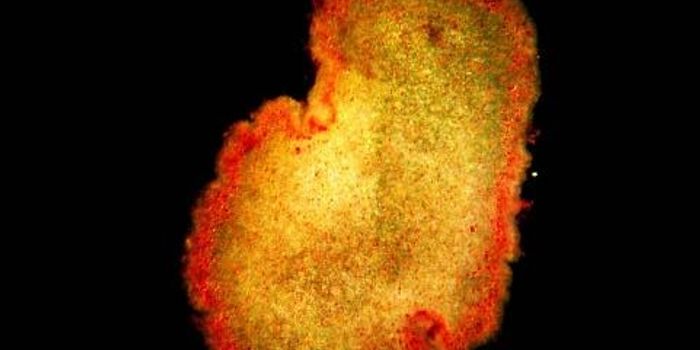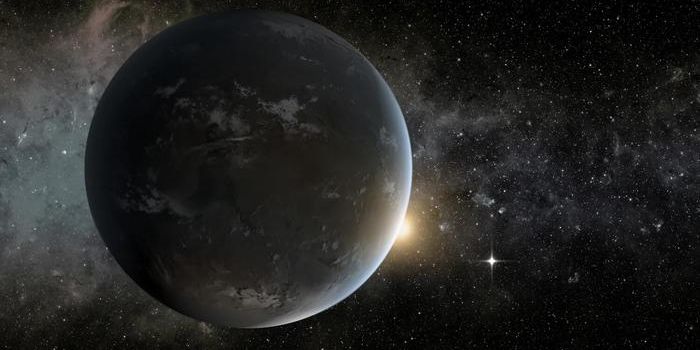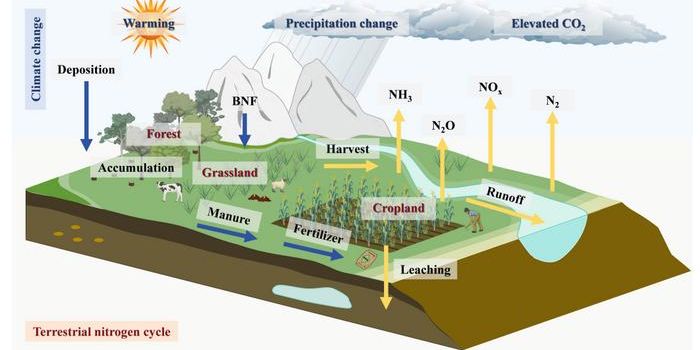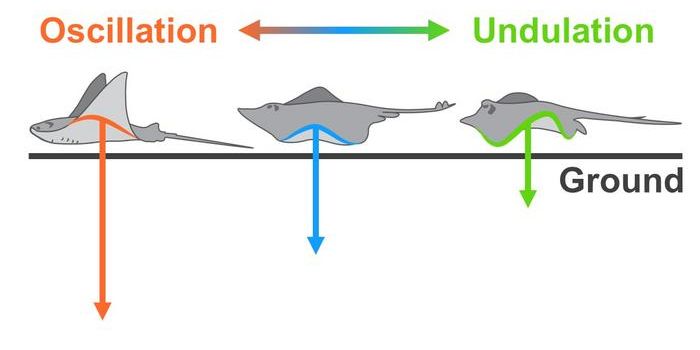Palau to ban sunscreen
Palau has just announced that by 2020 it will be banning the sale and use of sunscreen and skin care products containing 10 chemicals harmful to marine species. The nation is composed of 200 islands in the Western Pacific Ocean and is renown worldwide for its scuba diving; some even call it the “underwater Serengeti” for its diverse seascapes and marine life. It is no wonder then, that the small country of roughly 22,000 people is taking actions in order to protect its cultural and natural heritage.
For some time now, scientists have been concerned about the ecological impacts of two key ingredients in most sunscreens: oxybenzone and octinoxate. The chemicals absorb ultraviolet light – the reason they are used for sun protection – but they also make coral more susceptible to bleaching.
Oxybenzone is probably the worst actor out of the 10 chemicals that have been banned," said Dr. Craig Downs, an expert on the impacts of sunscreens on marine life. "It causes corals to bleach at lower temperatures, and it reduces their resilience to climate change."
In addition, research published in 2015 in the Archives of Environmental Toxicology and Contamination showed that the oxybenzone stunts the growth of young corals; it also proved toxic to various coral species in the laboratory.
Although sunscreen poses a minimal threat to coral reefs when compared to climate change and algal blooms, the chemicals pose enough of a threat that Palau is not alone in banning them. Bonaire (an island in the Caribbean) and Hawaii also passed bans earlier in 2018 and Mexico also banned sunscreen in nature reserves.
Palau’s ban will be the most comprehensive of the previous bans, including a restriction of four chemicals that are known endocrine disruptors. Those retailers caught violating the ban will face fines of $1,000.
This move follows another eco-minded step that Palau took in 2015 when it designated almost its entire ocean territory as a marine protected zone. Palau was also the second nation in the world after Fiji to ratify the Paris climate agreement in 2016.
Sources: BBC News, Archives of Environmental Toxicology and Contamination









